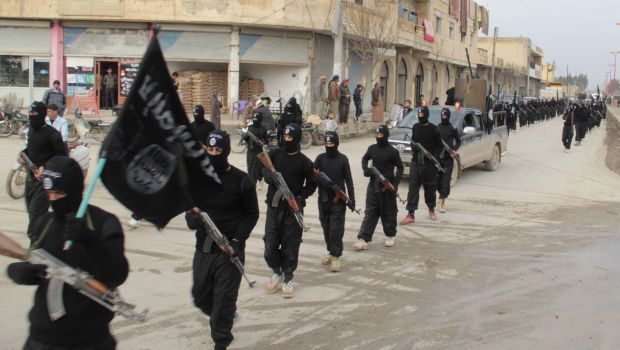In times of crisis, the security solution must take priority over other solutions. However, after a state has overcome an individual crisis, it must also be victorious in the overall conflict. If not, the result will be a failed state, as in Somalia, Libya or Iraq.
The victory of the state in this conflict is inevitable, but it must harness all its forces to defeat the afflictions of terrorism and organizations that accuse others of apostasy, which seek to undermine it. The literature of these groups declares the “homeland” to be an idol or something godless. Borders, patriotism, the flag, the national anthem and the royal or republican salute are all treated as idols that must be destroyed. Thus they attempt to destroy the state, because they view its institutions—the police, the army and the judiciary—as heretical establishments.
I believe that Al-Qaeda will die out in the Gulf, because the people have realized that these types of groups only destroy and do not allow for development. They teach only destruction and precipitate calamities and loss. People find their ideology to be completely baseless and their goals flimsy and unrealistic. Such groups do not consider the geography, history or culture of any given place. All of these elements are absent from their discourse.
These groups remind us of the differences that have emerged within the Islamic world several times and which have killed many good people. Today, there is a popular understanding of the risk that such ideas represent, and the security solution is widely accepted in the public sphere, whether it be in the Gulf or elsewhere. The Prophet (peace be upon him) warned against those who falsely profess religion and promote fitna (sedition), saying, “They will read Qur’an, but their faith does not go past their throats. They will pass through religion like the arrow passes through its quarry. They will no more come back to the religion than the arrow will come back to its original course.” The prophet said this involves a failure to understand the Qur’an and the principles and origins of Shari’a Law. These modern groups resemble those that played crucial roles in the downfall of the Caliphate and the Umayyad state and they are experts in destruction, lacking any constructive ideas or programs.
For this reason, I repeat that Al-Qaeda in the Gulf is ultimately doomed. However, in order to eliminate the organization completely, an intellectual battle must follow a crushing military confrontation. If a group is defeated through security efforts, a period of latency may occur in which the group continues to exist covertly. I think that, after experiencing major defeat, Al-Qaeda will take refuge underground, falling through the cracks, and, as a result, their ideology must continually be rebuffed. We must forget the sheikhs who have failed for several decades to confront those accusing others of apostasy; some of these sheikhs work only as humble employees and are not prepared to engage in serious and decisive debates.
There is a story of one man joining one of these extremist groups during the time of Abbasid Caliph Al-Ma’mun [during the Kharijite uprisings during what is known as the Fourth Fitna]. The Caliph asked him, “Why do they declare war on us?” The man replied, “Because of a verse in the book of God.” Al-Ma’mun asked him, “What is it?” He answered, “It is the word of God, the Almighty: ‘He who does not govern by what God has revealed is an infidel.’” (Surat Al-Ma’ida 5. 44) Al-Ma’mun said to him, “Who says that this is a verse in the book of God?” The man said, “A consensus of the Umma [Islamic community].” Al-Ma’mun replied, “If you accept their consensus on revelation, you must accept their consensus on interpretation.” In this case, the Umma’s consensus on the interpretation of this verse was different to that of the Kharijites. The man said, “I believe [it], oh Emir Al-Ma’mun,” and he left his deviant thoughts behind.
Such convincing debates must be employed in confronting the logic of these groups that teach an aberrant ideology. It is with regret that I mention that I lived in the same house as Dr. Ayman Al-Zawahiri when we were in Peshawar and also lived with him in a cell during the days that we were detained in Egypt. I am familiar with his jurisprudential capabilities: they are practically zero.
The counterpoint to this article can be read here.

Nabil, You are prince among princes. I hope more people listen to your ideas and implement them in their daily lives instead of the usual nonsense” this is not Islamic and that is Islamic” without any understanding. I have a question for you. What made you abandon your extremist views and lifestyle? May all remain well in your life and endeavours.